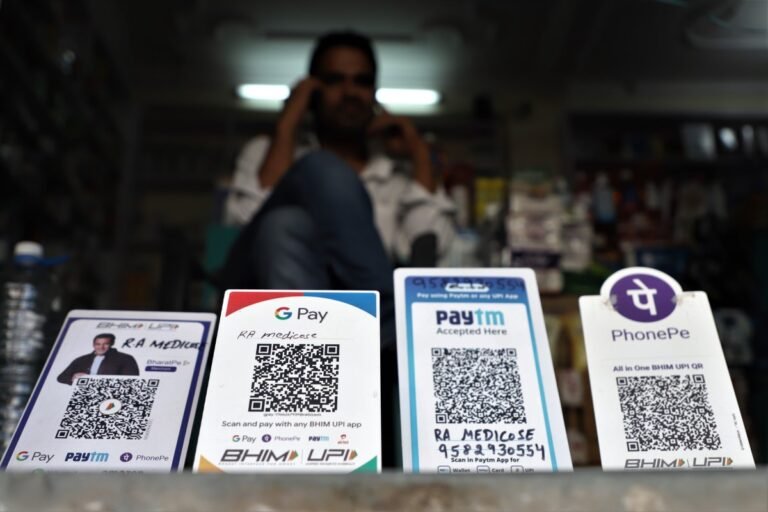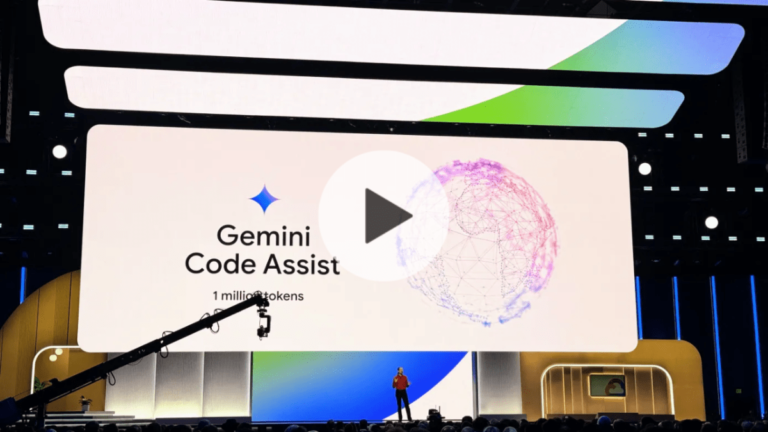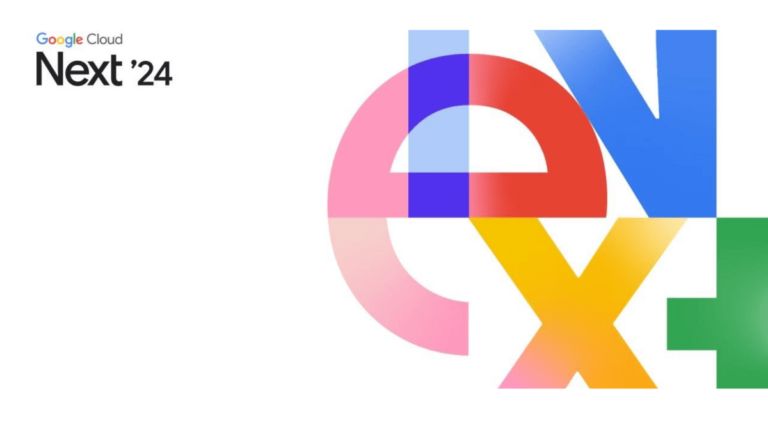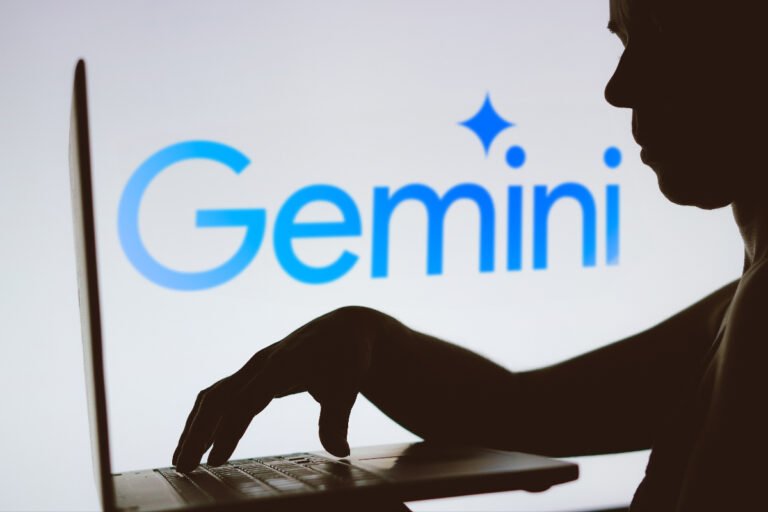
UPI, built by a coalition of Indian banks, has become the most popular way Indians transact online, processing over 10 billion transactions monthly.
In February, a parliamentary panel in India urged the government to support the growth of domestic fintech players that can offer alternatives to the Walmart-backed PhonePe and Google Pay apps.
The NPCI has long advocated for limiting the market share of individual companies participating in the UPI ecosystem to 30%.
The RBI is also weighing an incentive plan to create a more favorable competitive field for emerging UPI players, another person familiar with the matter said.
Indian daily Economic Times separately reported Wednesday that the NPCI is encouraging fintech companies to offer incentives to their users, promoting the use of their respective apps for making UPI transactions.

Patlytics, an AI-powered patent analytics platform, wants to help enterprises, IP professionals, and law firms speed up their patent workflows from discovery, analytics, comparisons, and prosecution to litigation.
The outfit recently launched its product, which is SOC-2 certified, and already serves some top-tier law firms and a few in-house legal counsels at enterprises as customers.
Its target users include IP law firms and companies with several patents.
“Protecting intellectual property remains a major priority and business requirement for information technology, physical product, and biotechnology companies.
Notably, the round also attracted a host of angel backers, including partners at premier law firms, Datadog President Amit Agarwal, Fiscal Note founder Tim Hwang, and Tapas Media founder Chang Kim.

Google VidsLeveraging AI to help customers develop creative content is something Big Tech is looking for, and Tuesday, Google introduced its version.
Read moreImagen 2In February, Google announced an image generator built into Gemini, Google’s AI-powered chatbot.
“Vertex AI Agent Builder allows people to very easily and quickly build conversational agents,” Google Cloud CEO Thomas Kurian said.
Read moreNvidia’s Blackwell platformOne of the anticipated announcements is Nvidia’s next-generation Blackwell platform coming to Google Cloud in early 2025.
This, Kyle Wiggers writes, is “Google’s most capable generative AI model,” and is now available in public preview on Vertex AI, Google’s enterprise-focused AI development platform.

Can AI eat the jobs of the developers who are busy building AI models?
News this week that Google has a new AI-powered coding tool for developers means that competitive pressures between major tech companies to build the best service to help coders write more code, more quickly is still heating up.
Both companies want to eventually build developer-helping tech that can understand a company’s codebase, allowing it to offer up more tailored suggestions and tips.
Everywhere you look, developers are building tools and services to help their own professional cohort.
Developers learning to code today won’t know a world in which they don’t have AI-powered coding helps.

It’s time for Google’s annual look up to the cloud, this time with a big dose of AI.
At 9 a.m. PT, Google Cloud CEO Thomas Kurian will kick off the opening keynote for this year’s Google Cloud Next event, and you can watch it live right here.
After this week we’ll know more about Google’s attempts to help the enterprise enter the age of AI.
From a deeper dive into Gemini, the company’s AI-powered chatbot, to securing AI products and implementing generative AI into cloud applications, Google plans to cover it all.

Don’t have time to catch the Google Cloud Next livestream?
Here’s whyNvidia’s Blackwell platformOne of the anticipated announcements is Nvidia’s next-generation Blackwell platform coming to Google Cloud in early 2025.
Read moreImagen 2In February, Google announced an image generator built into Gemini, Google’s AI-powered chatbot.
Read moreChrome Enterprise PremiumMeanwhile, Google is expanding its Chrome Enterprise product suite with the launch of Chrome Enterprise Premium.
This, Kyle Wiggers writes, is “Google’s most capable generative AI model,” and is now available in public preview on Vertex AI, Google’s enterprise-focused AI development platform.

Gemini 1.5 Pro, Google’s most capable generative AI model, is now available in public preview on Vertex AI, Google’s enterprise-focused AI development platform.
Gemini 1.5 Pro launched in February, joining Google’s Gemini family of generative AI models.
Gemini 1.5 was incredibly able to find the specific perfect 50 dunk and details from just its long context video understanding!
Gemini 1.5 Pro doesn’t process a million tokens at the snap of a finger.
Google previously said that latency is an area of focus, though, and that it’s working to “optimize” Gemini 1.5 Pro as time goes on.

But this year, whether to foster developer goodwill or advance its ecosystem ambitions (or both), Google debuted a number of open-source tools primarily aimed at supporting generative AI projects and infrastructure.
Beyond MaxDiffusion, Google’s launching Jetstream, a new engine to run generative AI models — specifically text-generating models (so not Stable Diffusion).
“We’ve heavily optimized [the models’] performance on TPUs and also partnered closely with Nvidia to optimize performance on large GPU clusters,” Lohmeyer said.
The goal is to reduce the barrier to entry for getting generative AI models onto TPU hardware, according to Google — in particular text-generating models.
And Optimum TPU doesn’t yet support training generative models on TPUs — only running them.

Google hit with $270M fine in France as authority finds news publishers’ data was used for GeminiIn a never-ending saga between Google and France’s competition authority over copyright protections for news snippets, the Autorité de la Concurrence announced a €250 million fine against the tech giant Wednesday (around $270 million at today’s exchange rate).
The competition authority has found fault with Google for failing to notify news publishers of this GenAI use of their copyrighted content.
But the competition authority quickly stepped in – finding its unilateral action an abuse of a dominant market position that risked harm to publishers.
But in 2021, Google was hit with a $592M fine after the competition authority found major breaches in its negotiations with local publishers and agencies.
Google has signed copyright agreements with hundreds of publishers in France – which fall under the remit of its agreement with the Autorité.

India’s antitrust regulator has ordered an investigation into Alphabet’s Google, alleging the U.S. tech giant abused its dominant position in the country’s online market by imposing unfair terms and discriminatory practices in its popular app store.
The order came in response to complaint filed by multiple Indian app developers and industry groups, many of whom have also publicly raised concerns about what they allege is unfair practices by Google.
CCI’s allegations centre around Google’s billing system for in-app purchases and paid apps on its Play Store.
The watchdog’s decision is the latest headache for Google in India, its biggest market by users but one where it has long faced allegations of anti-competitive practices.
The U.S. giant has previously defended its Play Store policies, saying the service fee supports its investments in Android and Play Store, allowing it to provide developers with tools and a global platform to access billions of consumers around the world.













